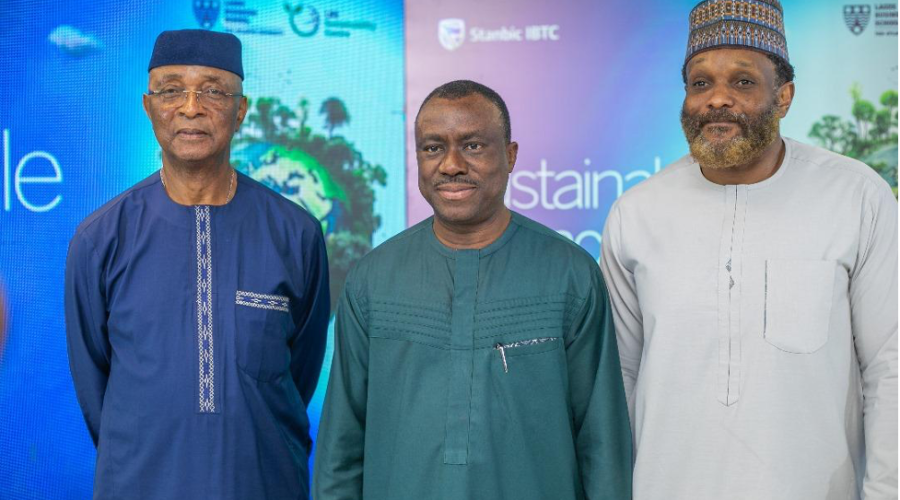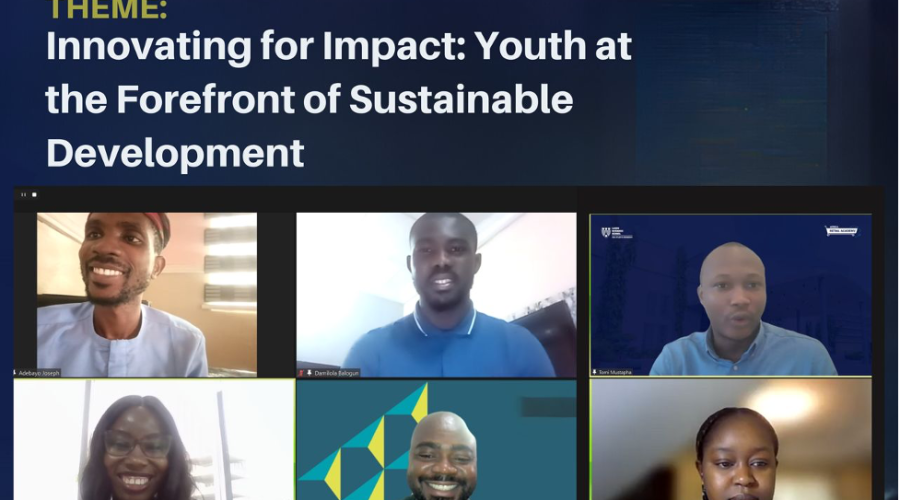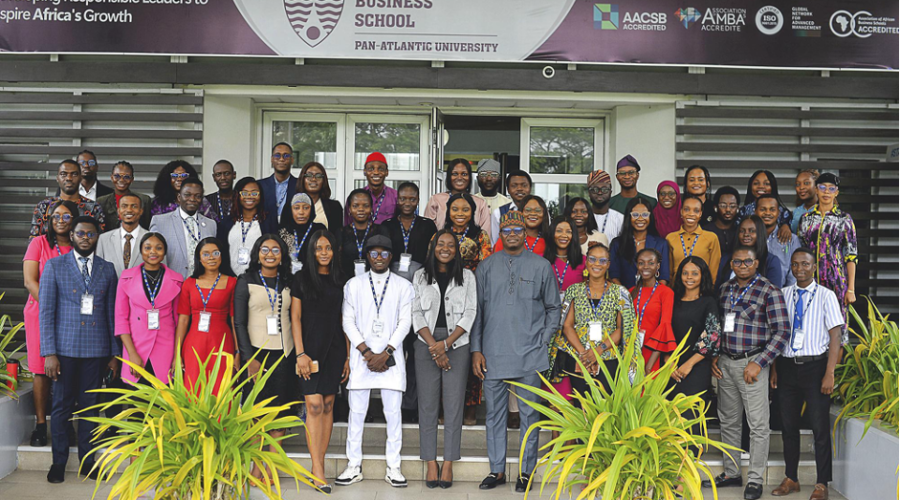In continuation of its informative and insightful webforum series, Sterling One Foundation organised its ESG 2.0 themed, ‘Demystifying the ‘S’ in ESG,’ in partnership with the LBS Sustainability Centre, PwC Nigeria, UNIDO-ITPO Nigeria, Sterling Bank, NGX Group, Nigeria Employers Consultative Association and the Lagos Chamber of Commerce and Industry on June 13, 2024.
Olapeju Ibekwe, CEO, Sterling One Foundation, gave the welcome remarks, and an overview of ESG, social factors, their impact on people and society, its components, challenges and opportunities within the ESG Framework. She said, “ESG is a framework used by corporate organisations to evaluate how well a firm performs on a range of ethical and sustainable business challenges. ESG’s objective is to ensure accountability and the implementation of processes and regulations to manage a company’s impact, such as its carbon footprint and how it treats employees, suppliers, and other stakeholders.”
She added, ESG programmes support larger business sustainability initiatives, which put organisations in a position for long-term success through ethical corporate governance and sound business practices. Opportunities abound in organisations that pay heed to the social component of ESG with research proven that over 80 percent of Gen Z are interested in working for organisations that give back to society and steward the environment. Today’s workforce is not just satisfied with financial remuneration, they want to give back to social causes that provide them fulfilment. So organisations that identify and address social issues tend to gain an enhanced reputation among stakeholders, especially around issues employees and stakeholders are passionate about.”
It is worthy of note that the Social aspect of ESG focuses on a company’s impact on people and society, emphasising ethical behaviour, fair treatment, and positive contributions to societal well-being. It considers key areas like inequality, labour practice, working conditions, human rights, customer satisfaction, product safety, community engagement, supply chain transparency, etc.
Social factors are increasingly important for investors, regulators, and stakeholders as they assess a company’s long-term sustainability and ethical practices.
Esiri Agbeyi, Partner and PwC Africa Tax Leader, delivered an insightful presentation on measuring and reporting social impact, emphasising that people should be at the heart of every ESG transformation, because people’s choices and behaviours will determine the collective trajectory of our transition to a sustainable world. She threw more light on global sustainability trends, sustainability reporting frameworks, and drivers of social indicators, indicating that the ‘S’ in ESG is the fulcrum of your ‘E’ and ‘G’. She said, “ESG is more than climate change and urgency varies by industry. Social issues are risk and opportunity issues, and social pillars are about committing to and respecting human rights. Additionally, we believe that the continued existence and growth of a company depends on the natural environment and societal systems that surround it. As such, corporate sustainability requires an accurate understanding of the actions and opinions of stakeholders, and the influencers around them.”
She added, “we must put the S into 4 key buckets which are: the people that matter, the supply chain, the customers and the community. These are the 4 buckets you want to envision when thinking about the people that are impacted by the ‘S’ in ESG. The cross-cutting theme is your Just Transition which strikes a balance between risks and opportunities from an economic standpoint to preserve jobs and protect human rights as companies transition from fossil fuels to green energy sources, helping us meet our net zero goals. As governments look beyond carbon tunnel vision, Just Transition provides a framework to manage impacts of decarbonisation on people through upskilling and green processes that are more environmentally friendly and socially responsible.”
Oreva Atanya, Director, LBS Sustainable Centre wrapped up the webforum with a summary of learning and predictions for the future of the social component of ESG namely: Workplace Focus on Diversity, Equity and Inclusion, Community Engagement and Impact Investing, Supply Chain Resilience, Digital Responsibility and Data Privacy. She also moderated the interactive Question and Answer session. She tied together the impact of the social component on the environment and governance practices of organisations, highlighting the case study of CACOVID earlier mentioned by Peju Ibekwe, as the third largest intervention in the world outside of government during COVID-19 as announced by the World Health Organisation, which provided health resources to vulnerable groups and underserved communities across Nigeria. She also reiterated the nexus between tax and ESG as a social contract.
To catch up with learnings, watch the video playback of the webforum here and view the presentation slides here. Sterling One Foundation is a vehicle for positive social impact across critical sectors in the Nigerian economy. Driven by the unique challenges facing millions of Africans, they are keen on contributing to the Sustainable Development Goals (SDGs), harnessing demographic dividends and improving the lives and livelihoods of people in under-served communities. Through their innovative programmes and integrated approach, they engage in stakeholder-driven interventions that are geared towards socio-economic development, wealth creation, employability, sustainability and national development. Although established by Sterling Bank, Sterling One Foundation has a separate board of trustees and prioritises social impact investments across critical sectors for maximum impact.
Lagos Business School is Africa’s leading management education institution and the LBS Sustainability Centre is a leading knowledge centre that brings together the theory and practice on business and sustainability for the advancement of performance and development outcomes. For more information about the initiatives and upcoming events by the Lagos Business School Sustainability Centre, please contact sustainabilitycentre@lbs.edu.ng. Visit our website to sign up for the next run of the programme to elevate your knowledge and competency on ESG Materiality Assessment and Sustainability Reporting. https://lbssustainabilitycentre.edu.ng/training.






